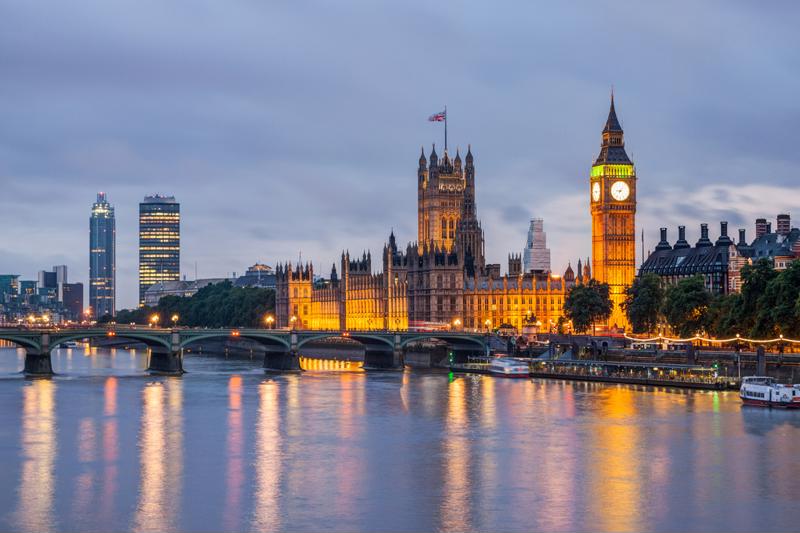Japan and the European Union (EU) are getting closer to a free trade agreement. For Britons and the U.K. government, this development is another factor to consider in the looming "Brexit" decision.
Japanese Prime Minister Shinzo Abe and EU leaders concur that the two parties should speed up free trade negotiations with hopes they will come to an agreement by the end of the year, according to The Japan Times. Abe disclosed the desire to move forward with discussions in a meeting with Donald Tusk, president of the European Council, and Jean-Claude Juncker, president of the European Commission.
EU and Japan agree to complete trade deal this year
The EU and Japan have been working on a free trade deal for some time. Negotiations began in 2013, with intentions to finalize the agreement by the end of 2015. However, the participants missed the deadline and now hope to have the deal finished by the conclusion of 2016.
"Our negotiations have progressed but now we must finish the job," Juncker said about the potential deal, according to China.org.cn. "I am confident we can do this before the end of this year."
The reason the trade negotiations didn't meet the 2015 deadline was, reportedly, the Trans Pacific Partnership (TPP), according to the Chinese media outlet. With TPP finalized, Tokyo has pivoted back toward the EU and recently completed the 16th round of negotiations on the agreement between the EU and Japan.
As Tokyo and Brussels kick off what they hope is the final year of free trade negotiations between them, the U.K. is mulling whether to leave the EU. Already the trade implications of such a significant move have made headlines, with U.S. President Barack Obama making public his hopes that the U.K. remain a member of the European bloc. Now, as his country moves forward on a deal with the EU, Abe has expressed a similar sentiment.
"Japan very clearly would prefer Britain to remain within the EU," Abe said at a press conference with Prime Minister David Cameron, according to The Telegraph.
 The possibility of an EU without the U.K. casts a shadow over trade negotiations.
The possibility of an EU without the U.K. casts a shadow over trade negotiations. Japanese business interests could back out of the U.K.
Abe noted that a number of Japanese businesses have locations in the U.K. precisely because of the country's connection to the EU. If the country leaves the socio-economic bloc, there's a chance Japanese investors will back out of Britain, he warned. This observation comes shortly after Obama's assertion that if the U.K. backs out of the EU, it will have to wait its turn for a free trade deal with the U.S., something which could take up to a decade.
The possibility of the Brexit could throw off a number of established or in-progress trade deals, and make several new agreements necessary. Now at least two world leaders, Abe and Obama, have come out in opposition of such a move. In addition, they've levied what some perceive as trade or economic threats against the U.K. Whether Briton's actually follows through with this course of action remains to be seen, but the implications are already emerging as heads of state take sides.